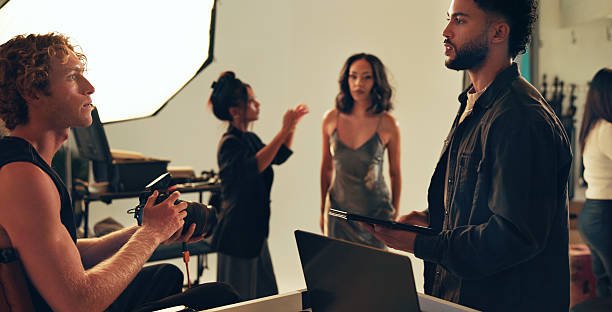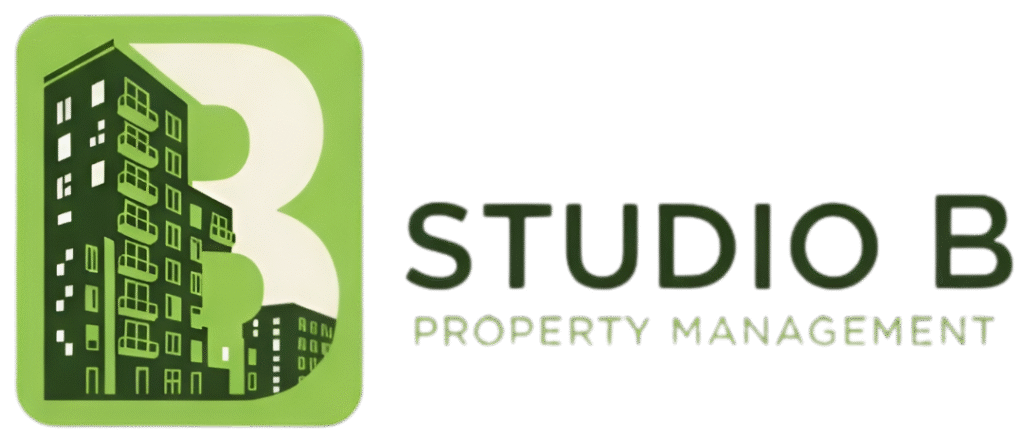Discover Studios, Services & More Across USA | StudioBDTLA
Licensing Your Studio for Film Shoots: What to Know

As demand for video content skyrockets in 2025, more creatives and production teams are looking for unique spaces to film. Whether it’s a short film, music video, commercial, or social media campaign, studios with aesthetic appeal and functional design are in high demand—especially in production hubs like Los Angeles.
Table of Contents
If you own or operate a creative studio, licensing it for film shoots can become a powerful revenue stream. But before you start booking productions, it’s important to understand how licensing works, what legal and logistical considerations come into play, and how to protect your space and your business.
What Does Licensing a Studio for Film Shoots Mean?
Licensing means you’re giving someone temporary rights to use your property for specific commercial or creative purposes—such as filming a video, movie, advertisement, or series. Rather than just renting out the space, you’re entering into a legal agreement that details what the production team can and can’t do during their time on site.
A license typically outlines:
- Scope of use (filming only, or also behind-the-scenes content, still photography, etc.)
- Duration of use (hours, days, or longer)
- Areas permitted (entire studio or specific rooms)
- Limitations (noise restrictions, crew size, set modifications)
- Insurance requirements and liability
Licensing protects both you and the production team by clearly defining rights and responsibilities.
Why License Your Studio Instead of Just Renting It?
Licensing gives you more control than a traditional rental agreement. It allows you to define how your space is portrayed, whether alterations are allowed, and what kind of content is produced.
Licensing is especially useful when:
- The project will appear on film or television
- Your studio may be featured as part of the storyline or branded content
- You want to retain control over your intellectual property (like design, art, or branding within the studio)
- You need specific terms that protect your property and its contents
In most professional productions, a license agreement is preferred over a generic rental contract.
Preparing Your Studio for Film Production Use
Before offering your studio to filmmakers, make sure your space is production-ready. This doesn’t just mean visually appealing—it also means logistically efficient.
Check for:
- Electrical capacity for lighting and camera gear
- Easy access for loading/unloading equipment
- Parking availability for crew or gear trucks
- Clean restrooms and greenroom options
- Space for makeup, wardrobe, and client areas
- Sound control (especially if dialogue will be recorded on site)
Consider investing in basic upgrades like blackout curtains, mobile backdrops, or modular furniture that can be moved or hidden easily during shoots.
The Importance of a Location Agreement
Every studio licensing arrangement should be backed by a location agreement—a legal contract that outlines how your space will be used and protects both parties.
A solid location agreement typically includes:
- Full contact information for both parties
- Detailed description of permitted use
- Start and end dates and times
- Scope of crew, equipment, and props
- Payment terms and cancellation policy
- Security deposit details
- Damage liability and insurance clauses
- Rights to behind-the-scenes content or branding exposure
It’s also wise to include a hold harmless clause and require the production team to provide a Certificate of Insurance (COI) listing your studio as “additionally insured.”
Understanding Usage Rights and Final Content
One of the most overlooked parts of studio licensing is understanding how your space will appear in the final product. Depending on your goals, you might want to be credited—or not. You may want to limit the association of your studio with certain content or brands.
Ask the production team:
- Will your studio be recognizable on-screen?
- Will your signage or branding be included?
- Do they plan to alter or modify any part of the studio?
- Can you use behind-the-scenes photos for your own promotion?
If you want access to finished materials for your portfolio or social media, make sure that’s included in the contract.
Insurance Requirements for Film Shoots
Insurance is non-negotiable when it comes to protecting your property. Most legitimate productions carry general liability insurance that covers accidents, property damage, and injuries.
Request a Certificate of Insurance (COI) with a liability minimum of $1 million or more, depending on the scale of the shoot. Also ensure your studio is listed as additional insured on the policy.
Some productions also carry equipment insurance, which protects rented gear—but this usually doesn’t cover your personal property unless listed specifically.
Setting Competitive Pricing for Studio Licensing
Studio licensing fees vary widely depending on size, location, amenities, and production needs. You can charge by the hour, half-day, or full-day, and may increase your rates for commercial use or larger productions.
Typical LA film studio rates (as of 2025):
- Small studios (under 1000 sq ft): $75–$150/hour
- Mid-size spaces with lighting/gear: $150–$300/hour
- Large sound stages or cyclorama studios: $500–$1000+/day
You may also consider add-ons such as lighting rentals, on-site support, or extended hours for additional fees.
Platforms to List Your Studio
To start attracting production bookings, list your studio on popular platforms such as:
- Peerspace – Highly used by content creators and indie filmmakers
- Giggster – Ideal for film, music videos, and commercial shoots
- Wrapal – A Los Angeles-based platform focused on film location rentals
- Set Scouter – Used by production companies for brand and ad content
You can also reach out to local location scouts, join production forums, and network with agencies or film schools.
Tips for a Smooth Shoot Day
- Have someone on-site or on-call to oversee the shoot and protect your property
- Provide a checklist or walkthrough prior to filming to set expectations
- Take “before” photos of high-value areas or fragile items
- Lock away anything not being used during the shoot
- Offer signage or laminated instructions for studio rules (bathroom, internet, clean-up)
Preparation leads to fewer issues and makes your studio more attractive to book in the future.
Final Thoughts
Licensing your studio for film shoots is a smart, scalable way to generate revenue in Los Angeles’s booming production scene. By understanding your legal responsibilities, protecting your assets, and curating a professional experience for production teams, you can turn your studio into a go-to filming destination.
The key is to treat it like a business—not just a rental. Strong contracts, thoughtful preparation, and clear communication will help you build trust with producers and position your studio for repeat bookings.
